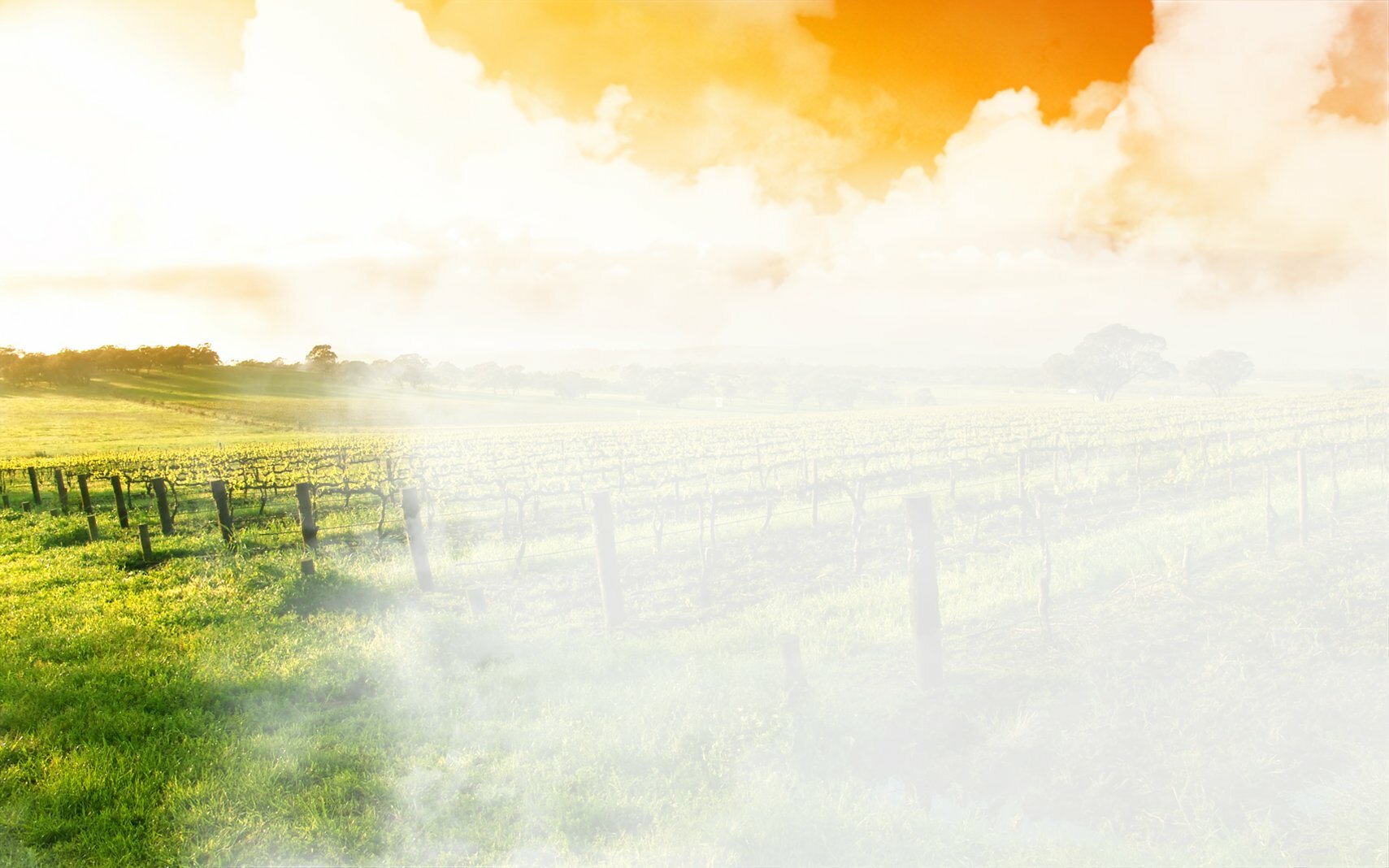11 MAY IS WORLD FAIR TRADE DAY: FOCUS ON SMALL-SCALE FARMERS
10.05.2013 - 70% of the world’s food is produced by 500 million smallholder farmers; this group also represents half of the world’s hungry people. On World Fair Trade Day, Fairtrade International releases the report, ‘Powering up Smallholder Farmers to Make Food Fair’ (PDF), calling for urgent action to support smallholder farmers.
The report launches shortly before the G8 Summit in Northern Ireland on 8 June and lays out a five-point agenda for action, calling on leaders to use their influence to put smallholder farmers into the heart of governments’ trade policy and international business practice.
The report highlights the global reliance on smallholder farmers for everyday foods. Roughly 30 million smallholders produce most of the world’s coffee and cocoa (80% of all coffee and 90% of all cocoa), while tens of millions more produce tea, bananas and sugar.
Yet many of these farmers are trapped in a cycle of poverty, exacerbated by decades of price volatility, lack of resources to invest, global inflationary prices for food and farm inputs, and the impact of climate change.
What’s more, the rampant consolidation of food companies has created an ‘hourglass economy’ that squeezes farmers:
Coffee
Three companies account for around 42 per cent of global coffee sales. Coffee growers receive 7-10 percent of the retail price of coffee in supermarkets while 33 percent goes to the retailer.
Cocoa
Global cocoa supplies are controlled by just nine companies: three grinders and six chocolate and confectionery companies. In 2010, four companies accounted for 56 percent of the world’s US$82.5 billion chocolate sales. Cocoa growers receive just 3.5-6 percent of the average retail value of a chocolate bar, compared to 18 percent in the 1980s.
Tea
Seven companies control 85 percent of tea production through their factories and estates. Smallholder tea growers are likely to receive less than 3 percent of the retail value of tea, and often less than 1 percent.
Bananas
Of the retail price of bananas, only 5-10 per cent goes to the small-scale producers.
Sugar
Figures from 2009 suggest that small sugar growers in Uganda received around 14 percent of the UK retail price of sugar and 11 percent of the US price.
The report recommends a five-point plan for governments, businesses, NGOs, and the general public to drive change for small farmers and deliver on greater global food security.
These include:
1. Farmers first: Increase farmers’ voice, influence and organisation
2. Fair share of value: Ensure farmers are empowered in value chains and receive fair prices
3. Fair access to finance: Ensure access to timely and affordable credit
4. Future-proofed farming: Prioritise sustainable agriculture and climate resilience
5. Focus in government funding: Increase and target national and donor government spending on agriculture.
There are signs that smallholder agriculture is starting to be recognised as a potential powerhouse to fix a broken system, including the launch by G8 world leaders of the New Alliance for Food Security and Nutrition at Camp David in the USA in 2012.
However, the international Fairtrade system argues that overall financial investment remains inadequate, particularly in light of the $42.7bn the FAO estimates it will take to tackle hunger and provide enough food for all. With governments increasingly focussing on the role of multinational companies and agribusiness, Fairtrade argues that policy makers are missing the potential solutions that could be delivered by smallholder farmer organisations themselves as the key agents for food security, rural economic development, and, for some, trading relations that lift communities out of poverty.
Please download the full report, Powering up Smallholder Farmers to Make Food Fair (PDF), for more information and ideas on how you can help make sure smallholder farmers are part of the solution in making food fair.



